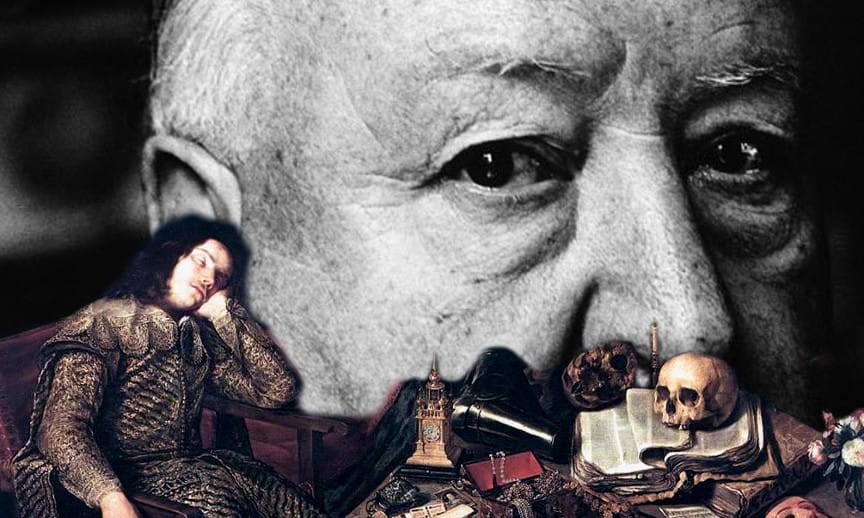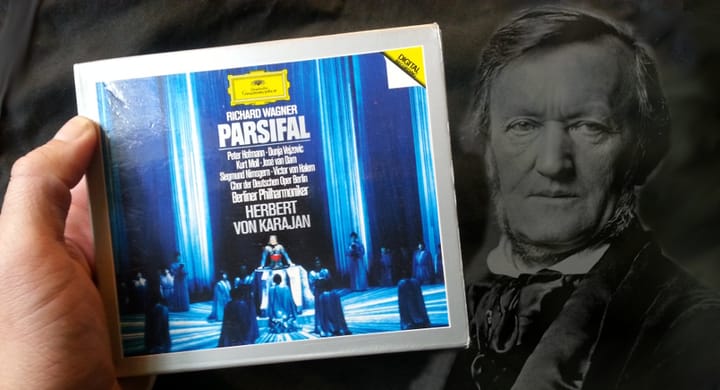Vertigo at midnight: The psychology of my “Alfred Hitchcock dream.”
I keep dreaming that I'm falsely accused and can't prove my innocence. That fear is real for many people in America.

Do you occasionally have nightmares? Almost all people do, although interestingly the incidence of scary dreams tends to drop off between the ages of 25 and 55. Nevertheless, I still have them, and you probably do too. Unlike many people, though, the dreams that terrify me are rarely violent in nature, or at least not where I’m the object of violence. I was once a horror writer and I love Scorsese movies, so you’d think violent imagery would creep into my dreams more often than it does. Although I never have exactly the same dream twice, my dreams often do follow very similar patterns. For over 30 years I’ve been plagued with what I call my “Alfred Hitchcock dream”: a scenario in which I’ve been accused of a crime I didn’t commit, and there’s no way I can prove my innocence.
I call this the Hitchcock dream because this is essentially the setup of about every third Alfred Hitchcock movie, who made the “wrong man” plot a staple of cinematic thrillers during his long career that stretched from the silent era to the 1970s. In fact his 1956 film The Wrong Man essentially gave a name to this scenario, but the innocent person falsely accused is a major plot point in North by Northwest (1959), The 39 Steps (1935), Saboteur (1942), Dial M for Murder (1954), Vertigo (1958) and the much-overlooked Frenzy (1972). Hitchcock was known for utilizing psychology in his movies, or at least psychology as he understood it – he had no formal training in the discipline – and part of the reason his films have endured as classics is because they needle the audience in a very incisive, close-to-home sort of way that many filmmakers have been unable to replicate. I know far less about psychology than Hitchcock did, but I’ve always been fascinated by the terror of the “wrong man” situation and why it scares me.


